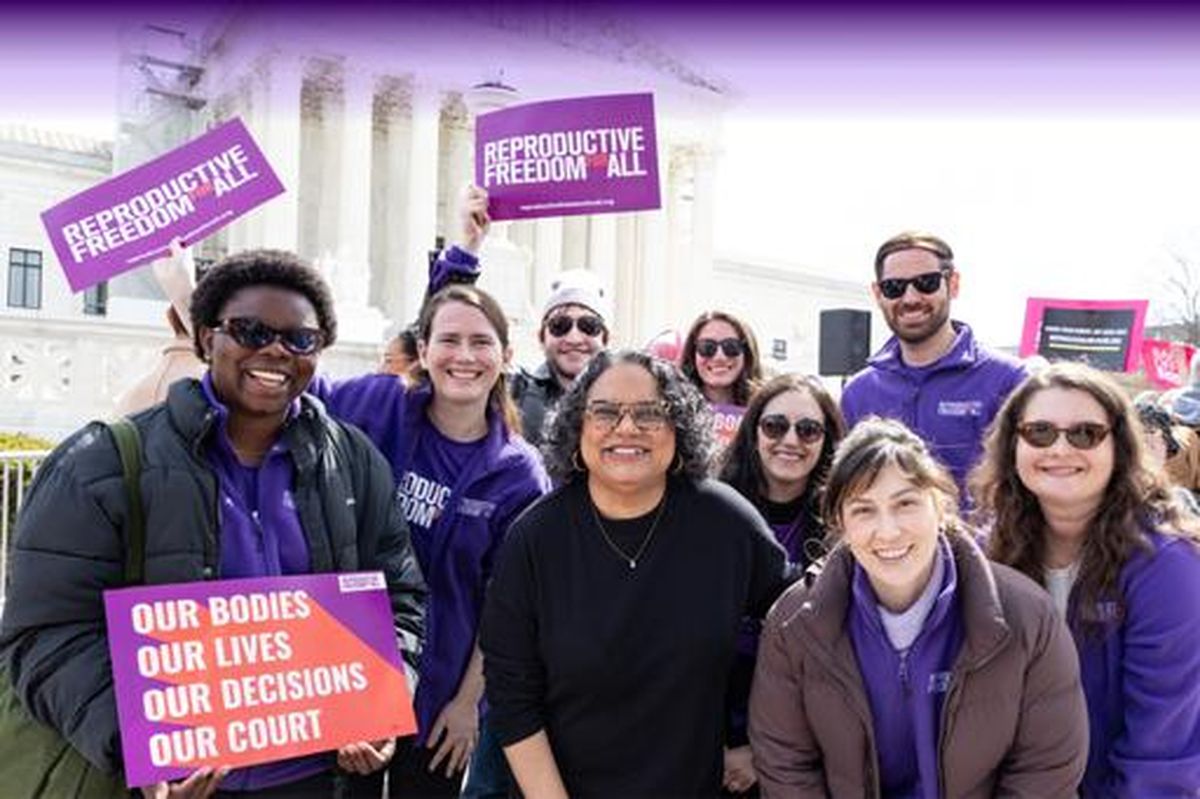- BlackVoter.Org
- Posts
- BlackVoter.Org
BlackVoter.Org


Pittsburgh Mayor Ed Gainey is gearing up for his reelection campaign with a bold mission to combat MAGA ideology, trans hate, and the influence of billionaire donors. A passionate advocate for LGBTQ+ rights, Gainey emphasizes the importance of empathy in leadership, stating that true leaders must "feel the pain" of those they represent.
He’s taken a stand against the "cruelty" of contemporary politics, affirming his commitment to inclusion and justice for all communities. With his opponent backed by MAGA funding, Gainey’s candidacy represents not just a local race, but a national fight for dignity and civil rights.
He shares personal anecdotes from his upbringing in Pittsburgh that fuel his dedication to the city’s diverse communities. Gainey’s unique approach blends community solidarity with an insistence on visibility and advocacy, aiming to ensure Pittsburgh thrives as a city for everyone, not just a select few.

In a captivating twist, South Africa's push to welcome Elon Musk’s Starlink satellite internet faces hurdles linked to heated racial ownership debates. President Cyril Ramaphosa has expressed eagerness for the billionaire to invest in his homeland, but Musk's criticisms of local laws — which require foreign firms to cede ownership to Black South Africans — have stalled progress.
In a bid to smooth the path for Starlink, telecommunications official Solly Malatsi is proposing an alternative: companies could secure operating licenses by investing in disadvantaged communities instead of relinquishing equity. This move has sparked a political firestorm, with opponents arguing it undermines efforts to rectify racial inequalities dating back to apartheid.
As the public consultation awaits, the struggle between innovation and justice continues to unfold in the complex landscape of South African politics.

The SAVE Act, recently passed by the House, has sparked outrage among voting rights advocates who warn that it poses significant threats to Black, Brown, and marginalized voters. Officially named the "Safeguard American Voter Eligibility Act," this legislation mandates in-person proof of citizenship—like birth certificates or passports—to register to vote, effectively eliminating online and mail registration options.
Critics argue it creates immense barriers for millions, particularly for women, people of color, and rural residents. The bill's supporters claim it's about election integrity, but opponents, including the ACLU and the Legal Defense Fund, assert it primarily aims to suppress diverse electoral participation.
With roots in historic voter suppression tactics, the SAVE Act is seen as a dangerous step back for democracy, further endangering the voting rights of countless Americans and undermining recent strides toward a more inclusive electoral process. The battle to protect these rights isn't over yet, as advocates vow to challenge this legislation.

Join the African American Museum Dallas in celebrating Encourage a Young Writer Day on April 10th! This special day shines a spotlight on the importance of nurturing creativity and expression in young minds. The museum is dedicated to uplifting the next generation of writers and artists, fostering a love for storytelling and the arts within the African American community.
Through engaging programs and resources, they inspire youth to share their voices and perspectives. Let’s come together to encourage our young storytellers and cultivate a vibrant future filled with diverse narratives.

Gif by theundefeated on Giphy

The U.S.
House has passed the controversial SAVE Act, a bill that could create significant hurdles for married women and others trying to vote. Aimed at preventing non-citizens from voting—a largely nonexistent issue—the legislation mandates individuals to provide documentation, such as a passport or birth certificate, when registering or updating their voter details.
This poses a challenge for many, particularly for married women who have changed their surnames, as approximately 69 million women don’t have identification matching their current legal names. Voting rights advocates warn that this bill could disenfranchise millions by eliminating convenient registration options like online and mail-in methods.
Despite being passed in the House before, the SAVE Act is now headed to the Senate, where its future remains uncertain amidst a Republican majority. The implications of this bill could stretch far beyond just voting rights, impacting marginalized communities disproportionately.

This week, the U.S.
House of Representatives passed the SAVE Act, a contentious bill aimed at tightening voting regulations, which critics warn could disenfranchise millions. Designed to require strict proof of U.
S. citizenship for voter registration, the legislation has raised alarms, particularly among vulnerable groups.
Over 21 million Americans are estimated to lack the necessary documents, including many elderly, young, and rural voters. Additionally, the Act seeks to eliminate the counting of mail-in ballots received after Election Day, endangering military personnel and students reliant on remote voting.
Proponents, like Rep. Marie Gluesenkamp Perez, argue it’s essential to prevent noncitizen voting, but many view the bill as a direct attack on democracy itself.
With significant opposition ahead in the Senate, the future of the SAVE Act remains uncertain, igniting fierce discussions on voter rights and access across the nation.

Join the vibrant conversation at the 2025 Virtual Dissertation Workshop on Black Politics in the United States, running from June 16 to June 30! This unique opportunity invites advanced PhD students to submit their dissertation chapters and gain invaluable feedback in a collaborative environment. Led by Periloux Peay and Jenn Jackson, the workshop aims to empower emerging scholars to tackle the pressing challenges and ideological hurdles faced in the study of Black politics today.
Participants will engage in peer review, refine their research strategies, and develop a stronger scholarly network. Applicants must submit their materials by April 27, 2025, so don’t miss out on this chance to elevate your research and connect with fellow scholars who share your passion! For more details on how to apply, click the link and step into a space dedicated to advancing the discourse around Black political representation, behavior, movements, and more.